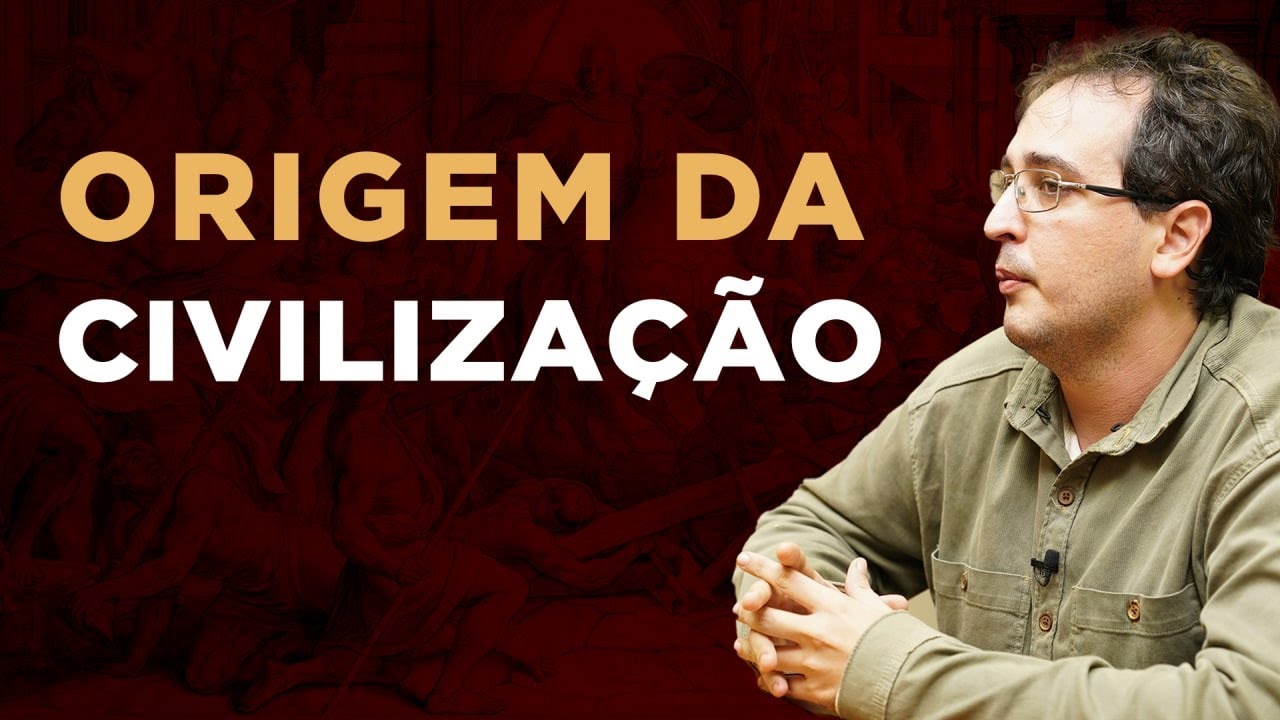ANSIEDADE: Reflexões filosóficas - Lúcia Helena Galvão de Nova Acrópole
Summary
TLDRThis philosophical discussion delves into the nature of anxiety, exploring its etymological roots and its impact on human life. It emphasizes the importance of living in the present, valuing intrinsic goals, and understanding that life's journey is more important than the destination. The speaker encourages embracing fear, managing expectations, and developing a strong will to overcome anxiety and live a fulfilling life.
Takeaways
- 🌟 Anxiety is a universal human experience, often stemming from a fear of the future and a feeling of unpreparedness.
- 📚 The etymology of 'anxiety' suggests a sense of being squeezed or suffocated, highlighting its connection to distress and a narrow, painful passage.
- 🛡 Fear can be a motivator rather than a hindrance, pushing us forward rather than holding us back, if we learn to position it correctly in our lives.
- 🔮 The fear of fear itself, or panic, is often more paralyzing than the fear we experience, indicating a need to manage our psychological responses to fear.
- 🌱 The relationship between anxiety and expectation is critical, as constant focus on future goals can devalue the present moment and lead to frustration.
- 🏆 The societal pressure to always strive for more can lead to anxiety, especially when success is tied to external achievements rather than intrinsic values.
- 🌅 The poem 'Ithaca' by Konstantinos Kaváfis emphasizes the importance of the journey over the destination, suggesting that the process of living is more valuable than the end goal.
- 🌻 Hope, as opposed to expectation, is a more constructive approach to life, requiring creativity, will, and a focus on the present rather than fantasizing about the future.
- 🌳 Recognizing and accepting the natural rhythm of life can help combat anxiety by reducing the pressure to constantly achieve and instead embracing each moment.
- 🌈 The importance of inner life and personal growth is underscored as a means to find happiness and fulfillment, rather than seeking external validation.
Q & A
What is the main topic of the discussion in the script?
-The main topic of the discussion is anxiety, specifically examined from a philosophical perspective.
What does the term 'anxiety' etymologically derive from and what does it signify?
-Anxiety comes from the Latin 'angere', which means to squeeze or to suffocate, signifying a feeling of being constricted or distressed.
How does the speaker relate fear to anxiety?
-The speaker suggests that fear is a natural part of the human experience and should not be seen as something to be eliminated. Instead, it can act as a motivator, pushing us forward, rather than holding us back.
What is the speaker's view on the role of expectation in generating anxiety?
-The speaker views expectation as a significant factor in anxiety, particularly when it is focused on future outcomes rather than the present moment. This can lead to a loss of appreciation for the current experience.
How does the speaker describe the relationship between knowledge and intrinsic value?
-The speaker argues that knowledge, when seen as a means to an end rather than an end in itself, can become a hindrance. He emphasizes the importance of valuing knowledge for its intrinsic value, as it humanizes us and allows us to respond effectively to life.
What is the 'intrinsic goal' as discussed in the script?
-The 'intrinsic goal' refers to the value that something has in itself, not because of what it can lead to. It is about appreciating and engaging with life's moments for their own sake, rather than for what they might bring in the future.
How does the speaker connect the poem by Konstantinos Kaváfis to the concept of anxiety?
-The speaker uses the poem about the journey to Ithaca to illustrate that the value lies in the journey itself, not just the destination. This perspective can help alleviate anxiety by encouraging individuals to savor each moment of their life's journey.
What is the difference between 'expectation' and 'hope' as described in the script?
-Expectation is described as being filled with fantasy and causing anguish, often leading to a state of instability and fear. In contrast, hope is associated with creativity, willpower, and a proactive approach to life, focusing on the present rather than fantasizing about the future.
How does the speaker suggest dealing with the fear of failure?
-The speaker suggests accepting failure as a natural part of life and learning from it. He emphasizes that the value lies in the journey and the lessons learned along the way, rather than solely in the achievement of a goal.
What is the speaker's advice on how to live in the present moment and combat anxiety?
-The speaker advises savoring each moment of life, focusing on the present, and developing an intrinsic interest in activities. He also encourages embracing the natural rhythm of life and maintaining a steady, inexorable pace towards one's goals.
Outlines

此内容仅限付费用户访问。 请升级后访问。
立即升级Mindmap

此内容仅限付费用户访问。 请升级后访问。
立即升级Keywords

此内容仅限付费用户访问。 请升级后访问。
立即升级Highlights

此内容仅限付费用户访问。 请升级后访问。
立即升级Transcripts

此内容仅限付费用户访问。 请升级后访问。
立即升级浏览更多相关视频

Reality and Perception & The Philosophy of The Matrix - Film Study / Analysis

20 Minutes That Will Change the Way You Think

¿QUÉ SIGNIFICA realmente "YA"? ⏰ ¿Jamás? ¿Todavía?

A origem da civilização cristã e sua atual crise - prof. Mateus Lima

Aula 1 - virtudes cardeais e equilíbrio entre excessos

Hukum Hak Asasi Manusia: Pengantar 1
5.0 / 5 (0 votes)
